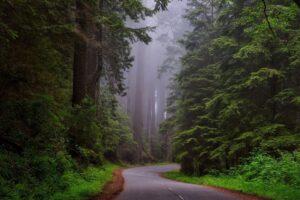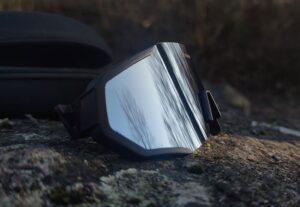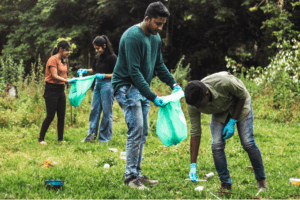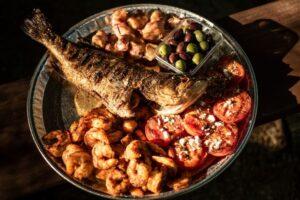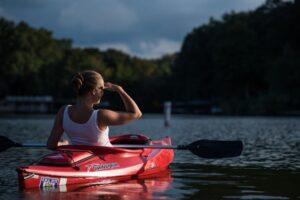Some cold-related maladies like frostbite and hypothermia are easier to prevent than cure. So, here are some great proactive measures all campers and hikers should follow if they wish to protect themselves from hypothermia.

1. Forecast
Before setting out for camping or hiking, you should always take note of the weather forecast. If you know what kind of weather you will be facing ahead, you would go better prepared.

2. Awareness
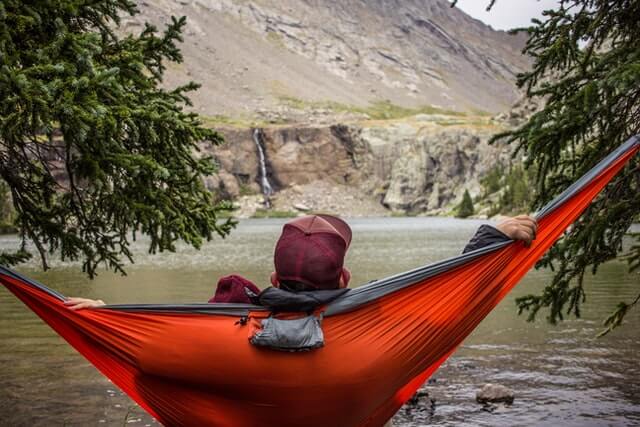
Weather forecasts cannot be trusted hundred percent. However, knowing about them and also being aware of your personal limitations will play a key role in protecting yourself. If the weather conditions feel deteriorating and you also feel exhausted, then don’t hesitate much. Just set up your shelter to relax and call it a day rather than harming yourself.
3. Layering
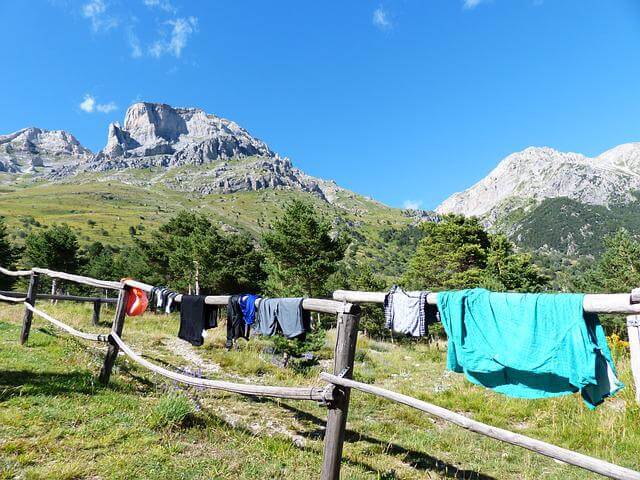
Consider dressing in multiple but light layers in comparison to one single bulky or thick layer. This would help any hiker or camper to adapt in a better way to numerous range of weather conditions. These layers could also be removed or simply added based on one’s exertion and the present weather conditions.
Remember to be a bit more thought to the clothing combination or selection. Choose in a way that minimizes duplicity and maximizes efficiency. Buy specific clothing for hiking or camping and a quality winter jacket.
4. Monitoring All Extremities
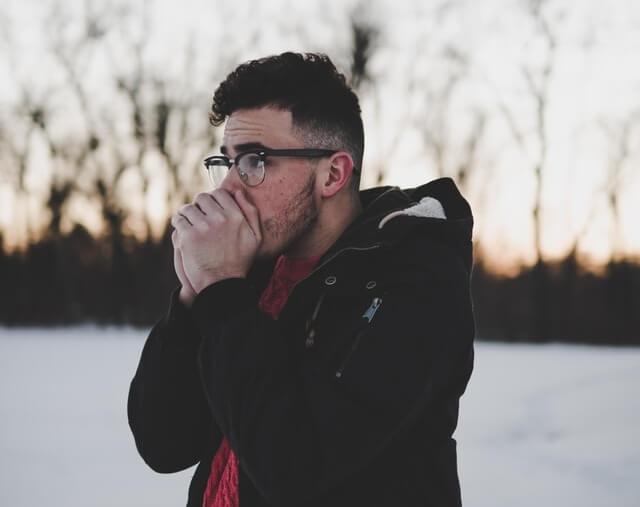
You should pay greater attention to all the extremities ahead. The initial warning system of your body is certainly your hands, feet, and head during hiking in wet, windy, and cold weather conditions.
5. Minimizing Sweating
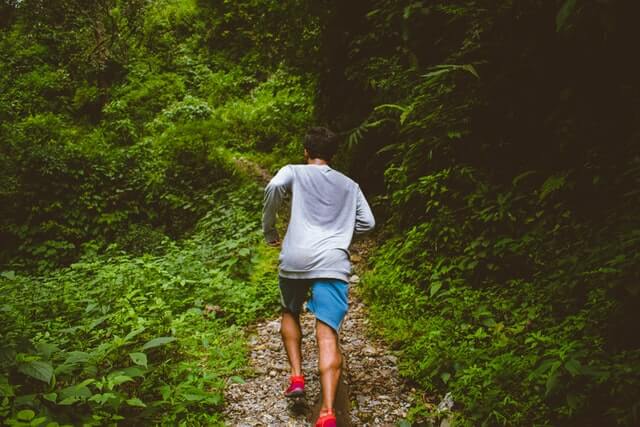
Over-exerting or over-sweating might lead to excessive perspiration. This can lead to a lowering of one’s body temperature. In case of cold weather, ensure as little sweating as possible. Just do your best and also maintain a steady pace for better ventilation throughout the day.
6. Food
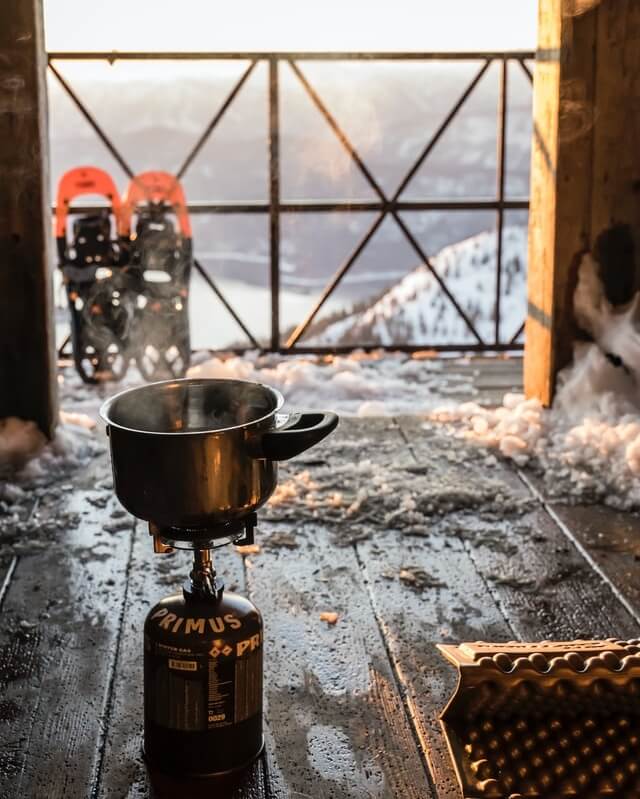
Ensure eating some really high-energy snacks and that too, at regular intervals. Emphasize proteins and fats while taking your evening meals. Both proteins and fats are processed slower by one’s digestive system. This will certainly help you keep warmer at the night time.
7. Short Breaks
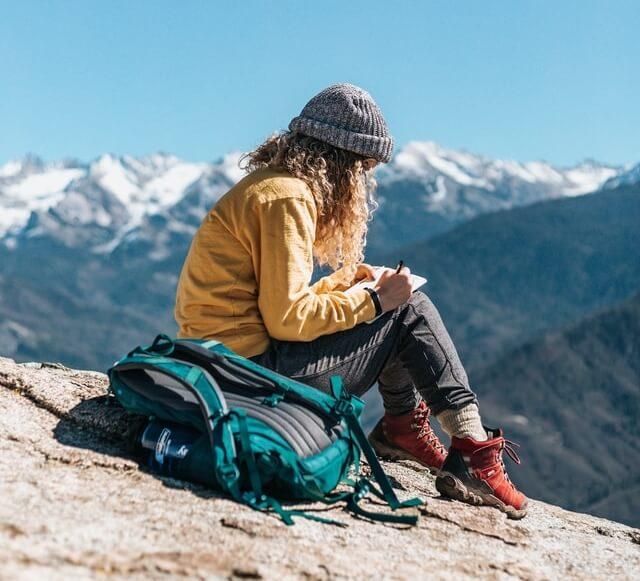
If you stop for a longer time, then you will feel colder. In case the weather becomes really nasty then remember to take minimum short breaks. However, if you want a longer break then put on some extra layers.
8. Hydration
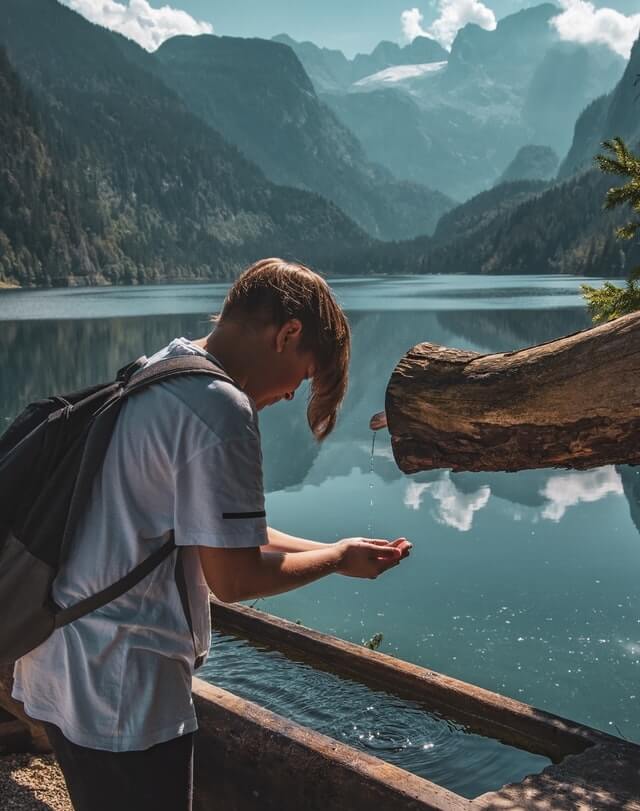
During colder conditions, when the sun won’t be visible, hikers or campers end up forgetting to drink water. Don’t make this mistake and keep yourself hydrated to prevent protect yourself from hypothermia.

